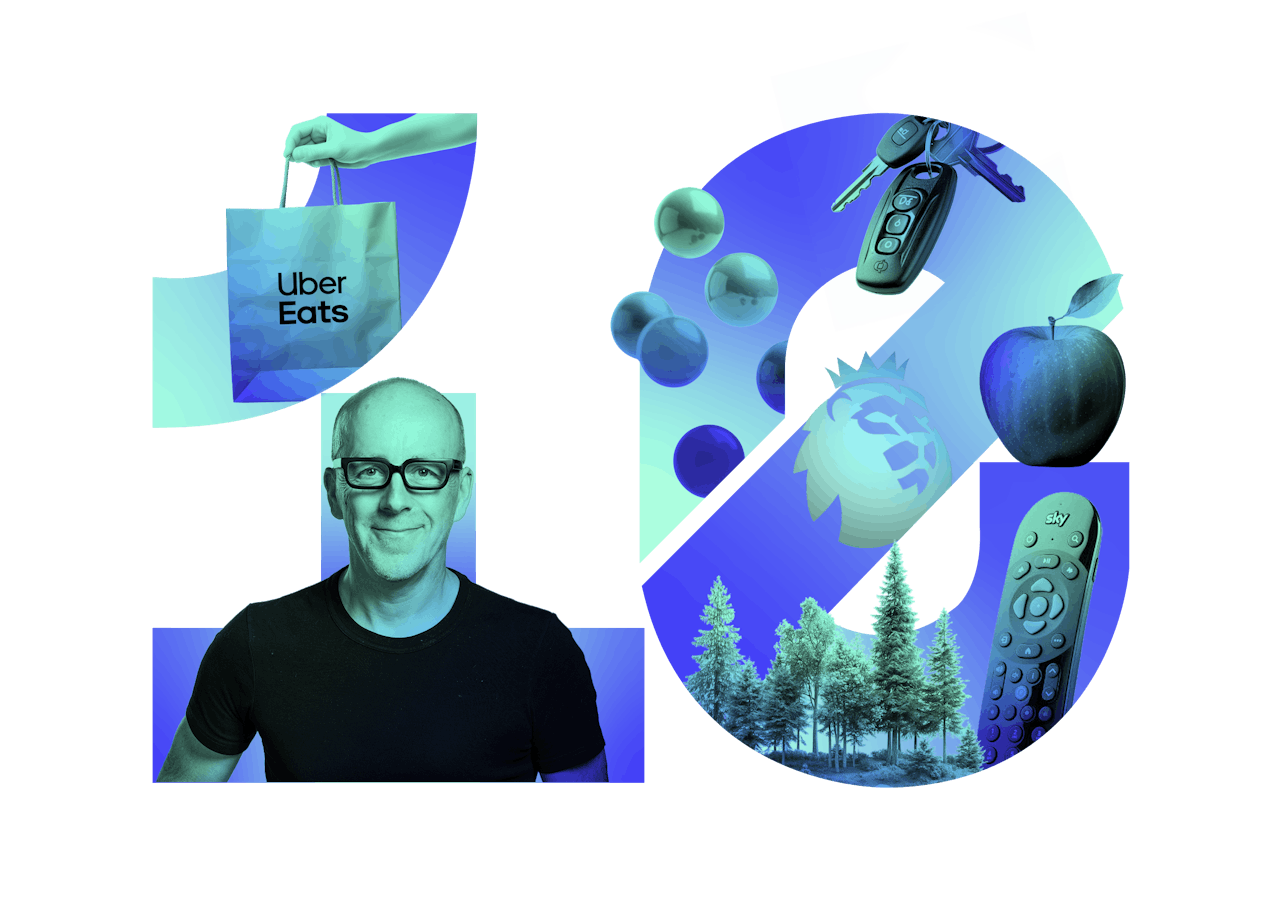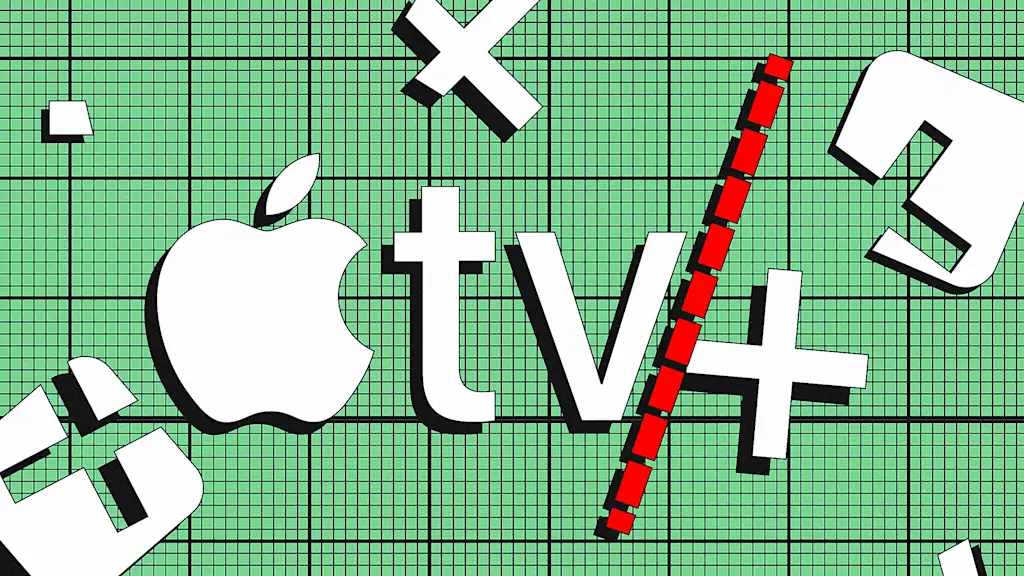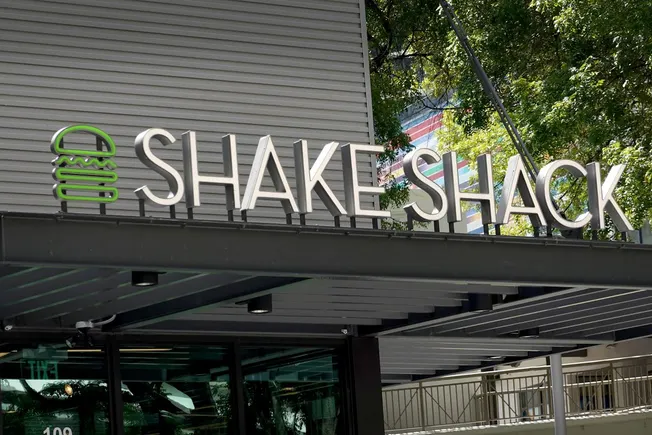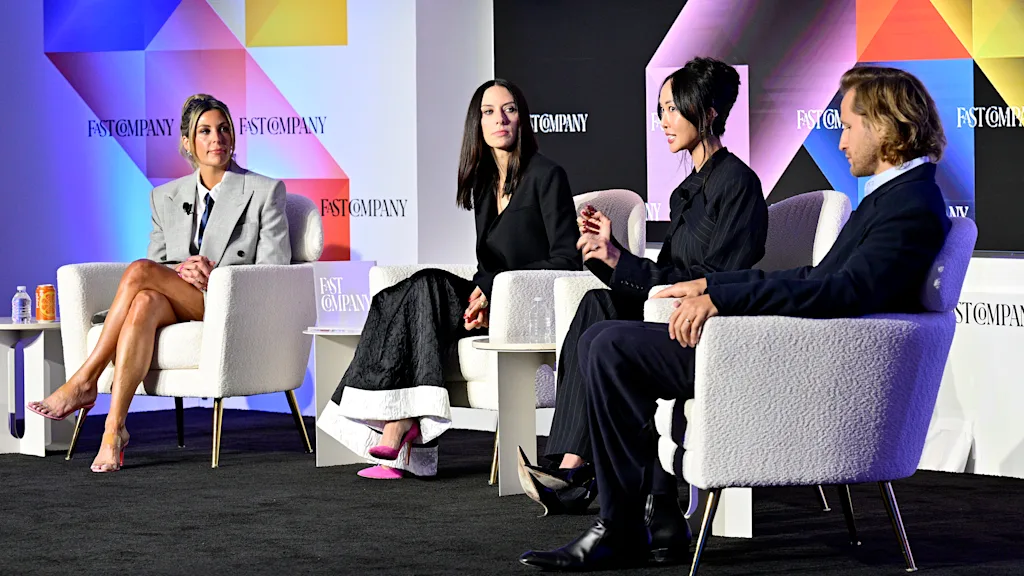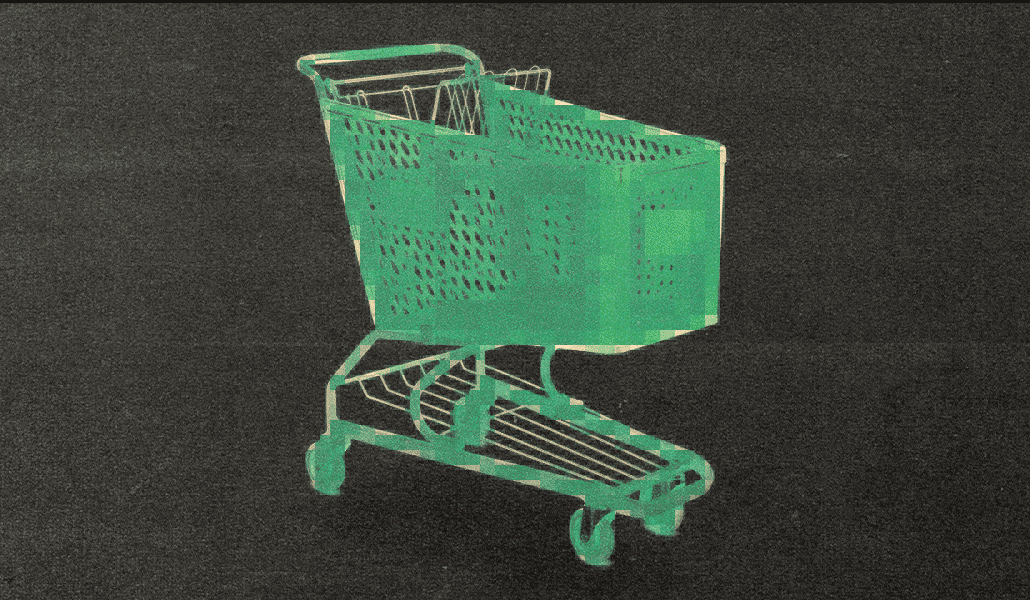fromThe Business of Fashion
1 week agoLoewe Marketing Chief Charlie Smith Departs for UK Tech Firm Nothing
Smith worked alongside star designer Jonathan Anderson, who left Loewe for LVMH stablemate Dior earlier this year, and chief executive Pascale Lepoivre to steer Loewe's image during a period of rapid growth. The luxury brand steadily transitioned from an arty, niche label to one with mass-media currency and cross-generational awareness, complementing efforts like the Loewe Craft Prize with celebrity tie-ups that included Maggie Smith, Jamie Dornan and more. Smith oversaw collaborations with Studio Ghibli and On Running and developed Loewe's viral TikTok strategy.

